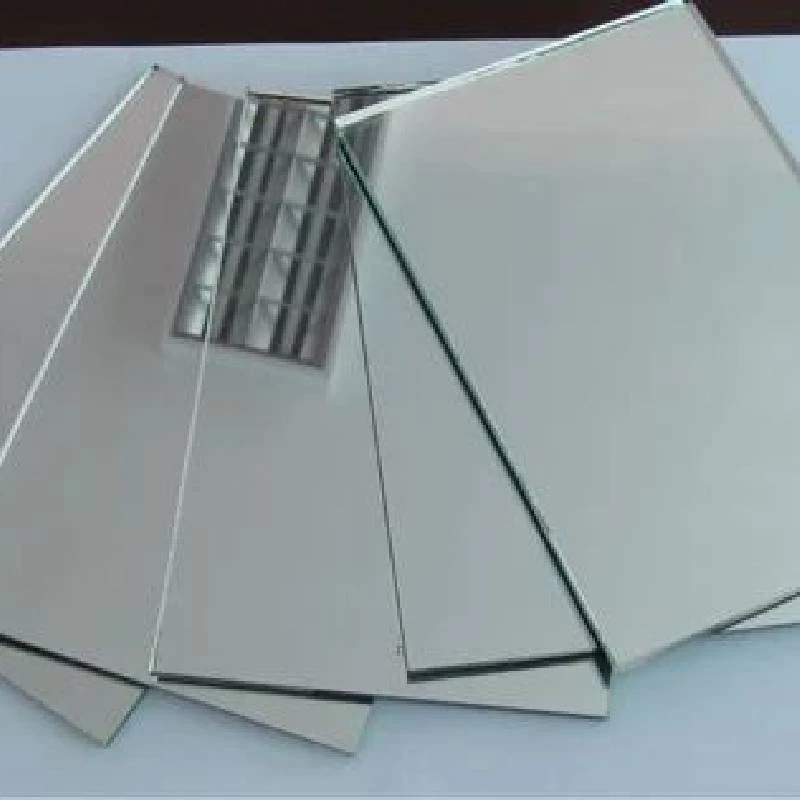

The Benefits and Applications of Float Glass Windows
Float glass windows have revolutionized the construction and design industries, providing a blend of clarity, durability, and aesthetic appeal. This type of glass, characterized by its flat and uniform surface, is produced through the float glass process, where molten glass is floated on a bed of molten tin. This process yields high-quality glass that is ideal for a multitude of applications, ranging from residential buildings to commercial structures.
Understanding Float Glass
The float glass manufacturing process begins with raw materials such as silica sand, sodium carbonate, and limestone. These ingredients are melted in a furnace at high temperatures until they form molten glass. This molten glass is then carefully poured onto a layer of molten tin, where it spreads out into a flat surface. As the glass cools, it creates a smooth, flawless finish on both sides. The resulting product is not only optically clear but also incredibly strong, making it an ideal choice for windows.
Advantages of Float Glass Windows
1. Clarity and Aesthetics Float glass windows provide exceptional clarity and optical quality, allowing natural light to diffuse beautifully into any space. This transparency enhances the aesthetic appeal of buildings, making them appear more inviting and spacious.
2. Energy Efficiency Many float glass windows can be designed with energy-efficient features such as low-emissivity (Low-E) coatings. These coatings help reduce heat transfer, keeping interiors cooler in the summer and warmer in the winter, ultimately reducing energy costs and the carbon footprint of buildings.
3. Versatility Float glass can be produced in various thicknesses and sizes, making it suitable for a wide range of applications. Whether for residential homes, commercial buildings, or industrial applications, float glass windows can be tailored to meet specific design and performance requirements.
4. Safety and Security While float glass itself can be fragile, manufacturers offer options such as tempered or laminated glass, which greatly enhance safety. Tempered glass is heat-treated to withstand impacts, while laminated glass consists of two layers of glass with a polymer interlayer, making it more resistant to shattering.

5. Sustainability Float glass is an environmentally friendly choice. It is fully recyclable, reducing waste and promoting a circular economy. Many manufacturers are focusing on sustainable production methods that minimize emissions and conserve energy throughout the glass-making process.
Applications of Float Glass Windows
Float glass windows are utilized in various sectors, reflecting their versatility and practicality
- Residential Buildings Homeowners appreciate float glass for its ability to enhance natural lighting and views, making living spaces feel larger and more connected to the outdoors. It is often used in living rooms, bedrooms, and kitchens.
- Commercial Properties In commercial architecture, float glass is favored for its sleek appearance and modern aesthetic. It is commonly used in office buildings, storefronts, and shopping centers to create open, inviting spaces.
- Automotive Industry Float glass is not only essential for building windows but is also widely used in the automotive industry. Windshields and side windows are often made from float glass, contributing to vehicle safety and comfort.
- Architectural Features Float glass is frequently employed in artistic architectural elements such as skylights, glass facades, and curtain walls. Its ability to blend seamlessly with other materials allows architects to experiment with form and function.
Conclusion
Float glass windows have become a staple in modern architecture and design, offering an array of benefits that cater to both aesthetic and functional demands. With their superior clarity, energy efficiency, and customization options, float glass windows not only enhance the beauty of buildings but also contribute to sustainable practices. As technology continues to advance, we can expect even more innovative applications and improvements in float glass products, ensuring they remain at the forefront of construction and design for years to come.